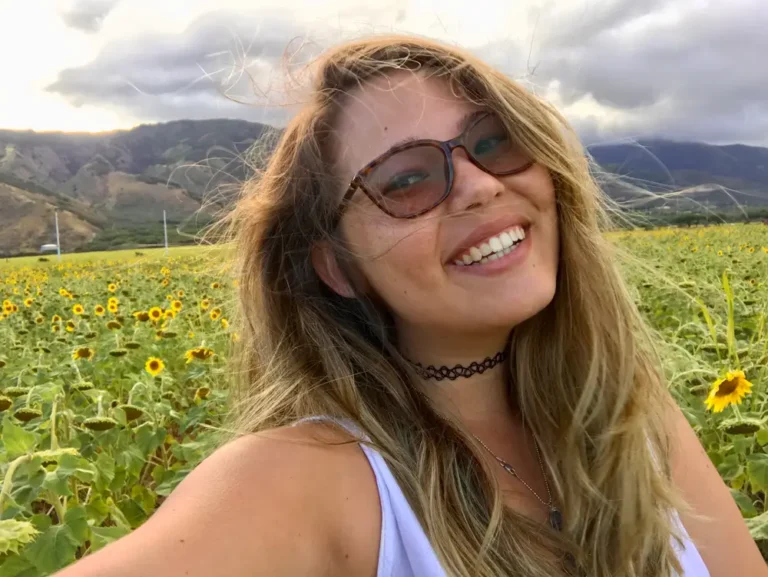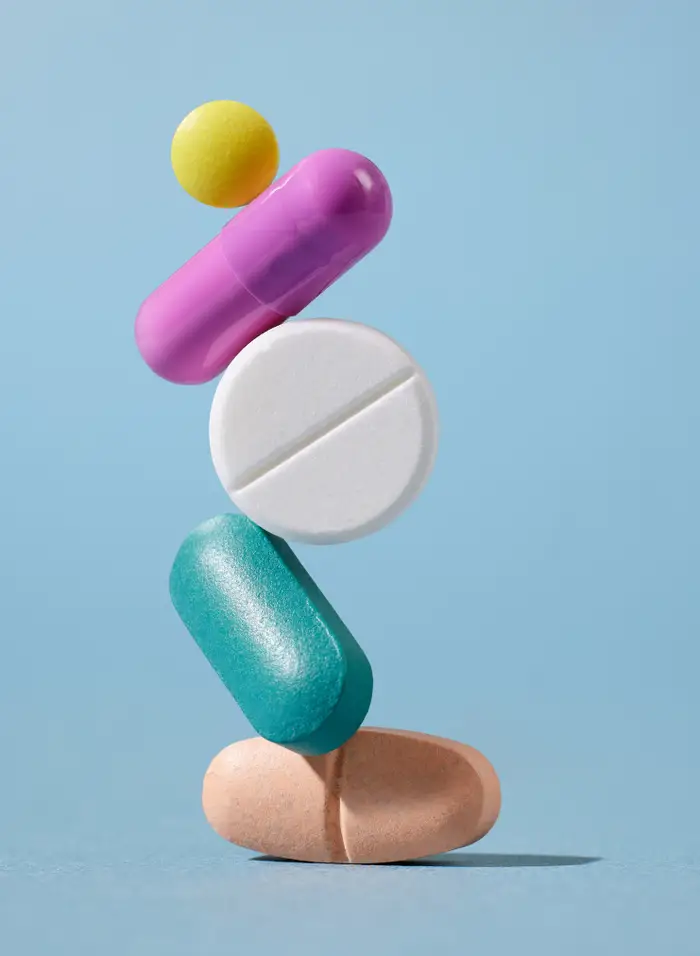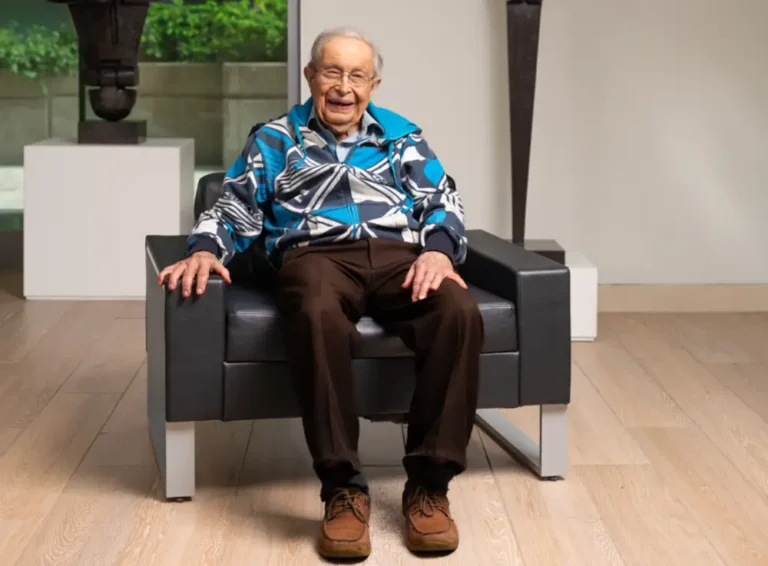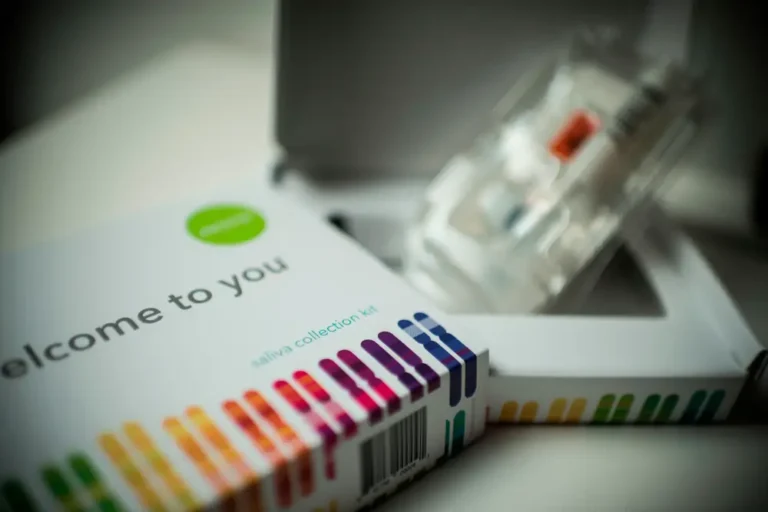Delivery delays impact availability of new COVID-19 boosters at Bay Area pharmacies
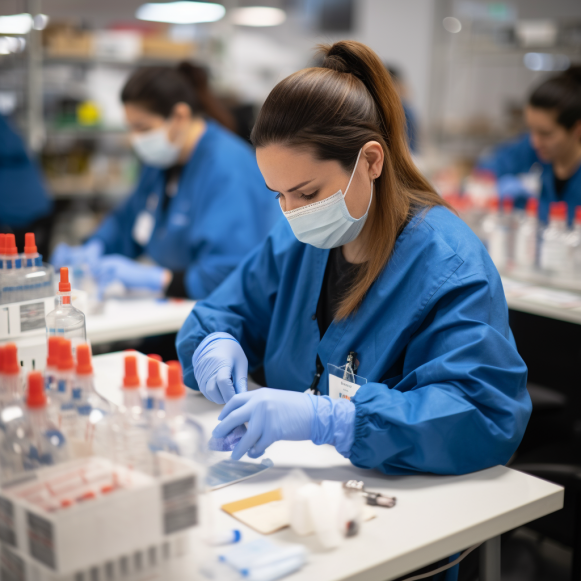
Now a commercial product, vaccines have been slow to distribute
The rollout of the latest COVID-19 vaccine has been rocky three weeks after the federal government approved it.
Even as the number of reported cases rises, CVS, Walgreens, Kaiser, long-term care facilities, and other providers are reporting delayed vaccine deliveries, causing customers to miss appointments.
“There are supply issues,” said Dr. Mehrdad Ayati, a geriatric specialist in Los Altos. “We have a backorder situation.”
The vaccine is not yet available for patients under the age of 12. Manufacturers and distributors were the first to release adult vaccines, according to CDC Director Mandy Cohen last week. Pediatric vaccines necessitate specific dose sizes and packaging.
After the vaccines were cleared by the Food and Drug Administration, the CDC recommended on September 12 that everyone aged 6 months and older get an updated vaccine.The reformulated shot, developed by Pfizer and Moderna, is designed to protect against the variant XBB.1.5, a recent descendant of the Omicron variant that emerged earlier this year and is fueling a new surge in cases.
According to the California Department of Public Health, while 73% of Californians received the two-dose “primary series” of vaccines, only 21.5% have received boosters.
Americans didn’t have to worry about getting supplies once vaccines were developed, less than a year into the pandemic. However, after the public health emergency ended and cases dropped, the federal government discontinued coverage of that service earlier this year.
The complicated business of vaccination distribution was then transferred to the private sector.
Manufacturers no longer ship doses directly to massive vaccination centers, but rather to wholesalers who distribute doses to a diverse range of vaccination sites. The single-payer system has been replaced by a system in which the cost is shared by a number of private and public insurers.
“Right now, the fall COVID-19 vaccine rollout is a disaster.” “Vaccines are now commercialized,” wrote Katelyn Jetelina, an epidemiologist and data scientist at the University of Texas Health Science Center at Houston.
Gus Perna, a four-star general and chief operations officer of “Operation Warp Speed,” the Trump administration’s program to accelerate the development, production, and distribution of COVID vaccines, led the fast, equitable, and smooth distribution of vaccines to the entire nation, she said.
“We knew that shifting from government to commercial purchase of COVID vaccines would result in much higher prices,” said Larry Levitt, executive vice president for health policy at the Kaiser Family Foundation. “Less apparent were the glitches that would result from the lack of doses being purchased by pharmacies and confusion over insurance coverage.”
“We got spoiled in terms of vaccine access,” said John Brownstein, chief innovation officer at Boston Children’s Hospital and the man behind the vaccines.gov website. It’s more difficult when the government isn’t footing the bill.”
Consumers who need a vaccine can get one from their doctor or make an appointment at Walgreens, CVS, or Safeway and pay for it themselves. However, available appointment times are several days, if not weeks, away. If vaccine supplies run low, some appointments may need to be rescheduled.
Larry Chickering of Palo Alto was the first to try CVS. “Online scheduling is awful,” he admitted. “So I tried Safeway, and everything worked out fine….”I had a pleasant experience.”
In an apology to customers, CVS stated that its pharmacies were receiving vaccines on a rolling basis from suppliers and that most of its locations could honor scheduled appointments.”However, due to delivery delays from our wholesalers, some appointments may be rescheduled,” the company wrote.
Walgreens stated that it is collaborating with its distributor to improve supply. “As additional inventory arrives to our stores, appointments will be added,” it read.
Appointments are not available at Kaiser, but the vaccine is available on a walk-in basis: first-come, first-served.
“I went yesterday with my 94-year-old father. “Kaiser Mountain View told us it would be at least a two-hour wait, so we drove to Kaiser Redwood City and waited for an hour before leaving,” Menlo Park resident Carine Schneider said. “There were at least 50 people ahead of us in a slow-moving line.” They’re not allowing appointments like they did last year, which was too much for someone my age.”
Naomi Goodman of Menlo Park was able to obtain both COVID and flu vaccines at Kaiser Redwood City despite a lengthy wait. “The wait was about an hour, but the line moved quickly and they seemed to have plenty of supply,” she stated. “The staff were very attentive to elderly people while I was waiting, allowing them to sit in the cardiology reception area until their place in line arrived.”
“Since the FDA authorized the updated vaccine, large-scale distribution has been a challenge for vaccine providers nationwide, including Kaiser Permanente,” according to Kaiser. However, we have now received our supply and anticipate a steady supply of the vaccine in the future.”
Private insurers such as Kaiser are paying the full cost of vaccine doses under the provisions of the Affordable Care Act.
Those without private insurance may be eligible for free vaccinations through Medicare, Medicaid, or the CDC’s new Bridge Access Program. Children whose parents do not have health insurance can get shots through the CDC’s Vaccines for Children program.
If your insurance does not cover CVS or Walgreens as a “in-network pharmacy,” the vaccination could cost you up to $200.
According to Elizabeth Sobczyk, project director of Moving Needles, a CDC-funded initiative to improve adult immunization rates in long-term care facilities, distribution issues should be resolved within the next few weeks. “This timeline is consistent with other newly recommended commercial vaccines,” she stated.
“We understand your frustration,” she said. “But we also know this is the first time COVID-19 vaccine has rolled out as a commercialized product.”

